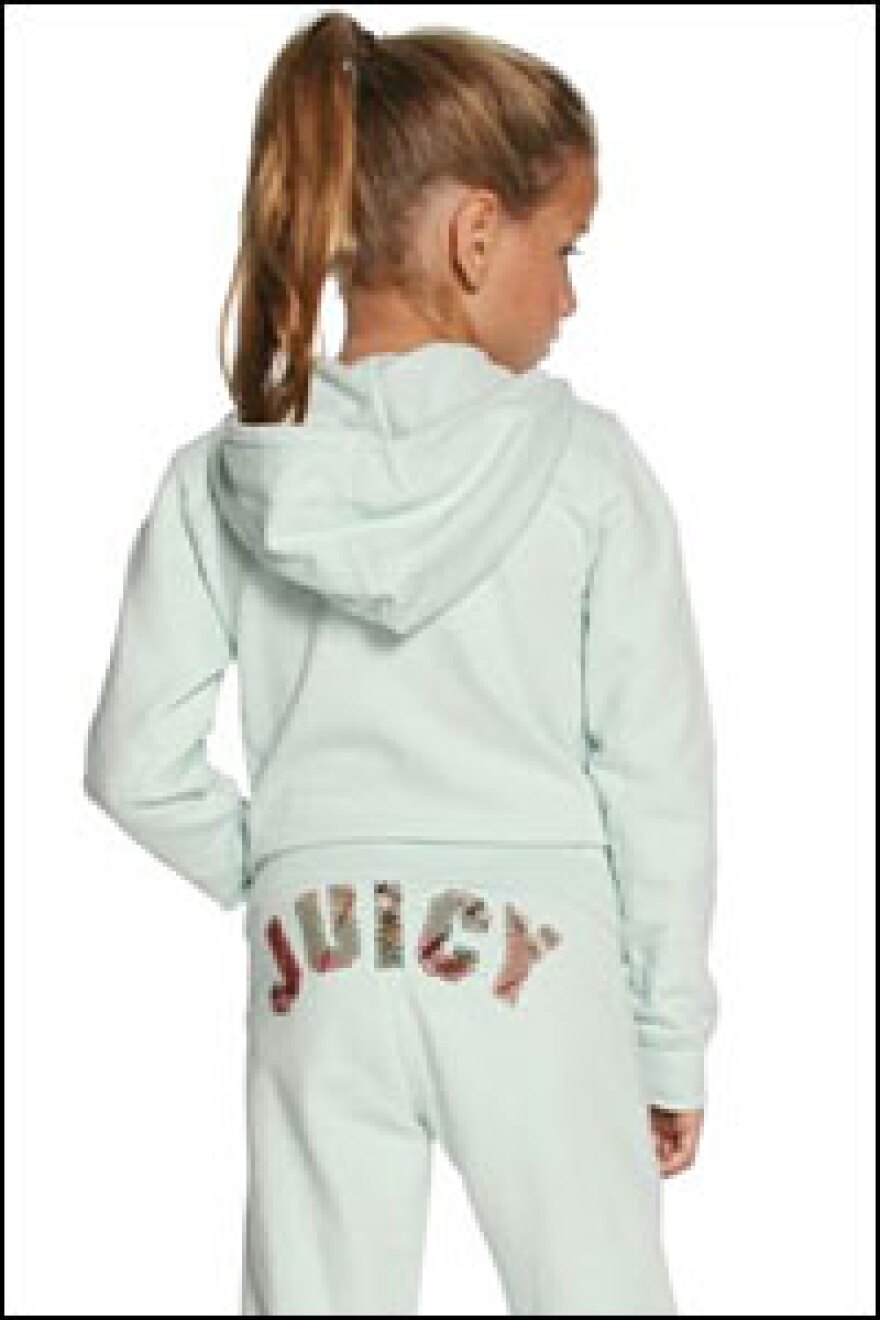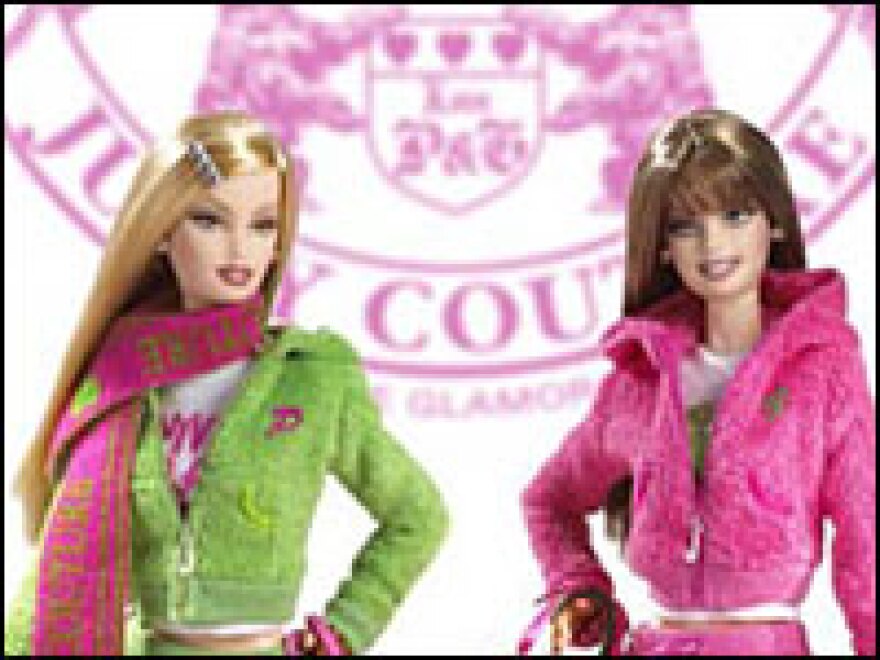

When I was eight years old in 1978, Barbie was forbidden. Barbie was the big influence my feminist mother was worried about. Barbie was too sexy. Barbie was unrealistic. I was not allowed to have a Barbie.
So I went over to my cousin's house to play with her Barbies. She had several, along with a Barbie townhouse, a Barbie camper van, and a Barbie Super Vette. My cousin named her favorite Barbie Crissy after the Suzanne Somers character in Three's Company. To me and my cousin, Barbie and Crissy represented glamorous adulthood. Crissy the Barbie had this gauzy three-piece yellow and white outfit. There was a puffy overshirt with a camisole and a sheer, sweeping skirt. Very sexy.
The sexy was what my mother was worried about. She was worried that if I played with Barbie I would want to have big breasts, feet that were frozen into position for wearing high heels, and lots of sexy yellow clothes. She didn't want me to want the glamorous adulthood that Barbie portrayed. She was so worried about this that she banned Barbie in our house. She dug up something called The Sunshine Family for me to play with. They were Barbie-sized dolls – a mother, father, little girl and baby boy – but the mother had flat feet. Instead of a Super Vette there were directions for making your own baby crib out of those green plastic baskets strawberries come in. My mother spent a lot of time supervising Sunshine Family craft projects. I think she felt that if I spent enough time on them I would forget that I wanted a Barbie. If I forgot that I wanted a Barbie, I would forget to want big breasts and high heels and sexy clothes when I grew up.
Almost 30 years later, I have a daughter and Barbie is still Barbie. Barbie still has big breasts and arched feet and sexy clothes. I want all the same things for my daughter that my mother thought she could give me by banning Barbie. I want my daughter to have a good body image. I want her to feel powerful because she is smart and accomplished, not because she is sexy and she drives a cute car. I worry that she will hide her real personality to get people to like her. I worry that she will think people will like her for the way she dresses. I worry that she will want to be sexy when she is too young to understand what sexy is.
When I do all of this worrying -- and I do a lot of it -- Barbie is the least of my worries. I don't think that the meaning of Barbie has changed in the last 30 years. But up around her have grown so many other influences on girls that the power of Barbie has been diluted. Barbie represented a host of sins to my mother's generation of feminist mothers. They didn't want us to play with a toy that had sexy clothes. But when I go shopping for my toddler daughter, I am not thinking about the clothes her dolls might wear. I'm concerned about the clothes that are in her size but seem to be meant for a sexy Barbie doll.
Check out the size-2T shirts with sparkles and butterflies and the word "Juicy!" written right over the place where her breasts will grow -- 10 years from now. She could wear them with the matching hip-huggers -- over her diapers. She could try out the leopard-print tights or the jeans with "Sweet" written over the butt in rhinestones. It's hard to find little girl clothes that aren't saucy or sexy or overpriced. A big topic on the playground circuit is where to find affordable little girl clothes that look like they are meant for little girls, not little Barbies.
There are so many ways that kids are sexualized these days that my mother's Barbie ban seems sweet and quaint. I didn't see it that way at the time. I thought she was being cruel and unfair. I was jealous of my cousin and her trunk full of Barbie clothes. Now my cousin's oldest daughter is five, the new target age for Barbie. My cousin said that she got out all of her old Barbies recently. Her daughter played with them a little but she just wasn't that interested. She is very interested in sparkly shoes – especially flip-flops – and Disney princesses.
When it comes right down to it I don't think my mother's Barbie ban was as effective as she'd hoped. I went right ahead and played with Barbies every chance I got, just not at home. I got a lot of other messages about women and sexuality and dress from my mother, especially when I watched her dress and put on her make-up. What I didn't have in the 70s – and that my daughter has now – are all of the commercials and video games and pop-up ads pointed right at her and the sexuality she doesn't even know she has yet. I couldn't ban all of those things even if I wanted to. I have to hope that she will watch me getting dressed, just like I watched my mother, and I hope she learns from that, too.
The power of Barbie has been diluted, for mothers and for daughters. If Barbie symbolized every antifeminist attitude my mother held dear, for me she's just one of many toys that might teach my daughter a message I find distasteful. If Barbies represented the apex of grown-up cool to me and my cousin when we were kids, Barbie is just another doll to our daughters. They can wear their own sexy clothes if we let them. They don't need to pretend with Barbies.
Copyright 2023 NPR. To see more, visit https://www.npr.org. 9(MDM3NjYwMjA5MDE1MjA1MzQ1NDk1N2ZmZQ004))

